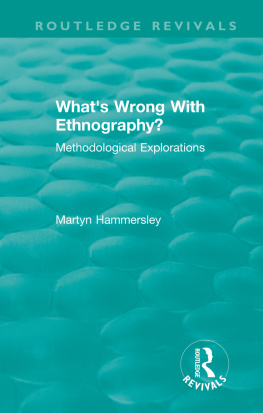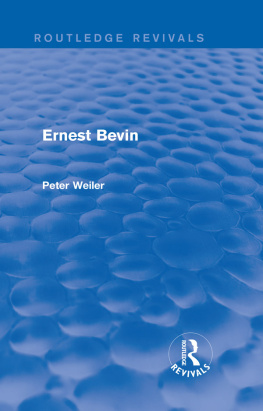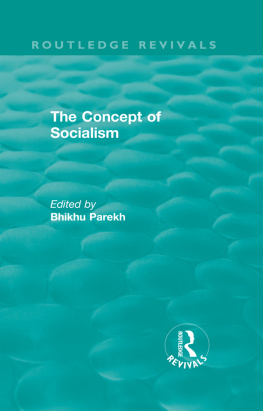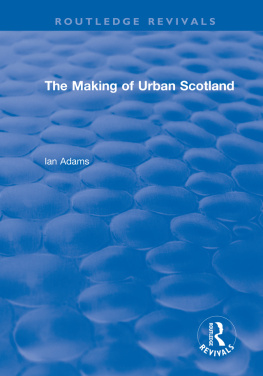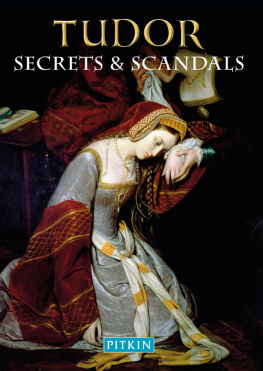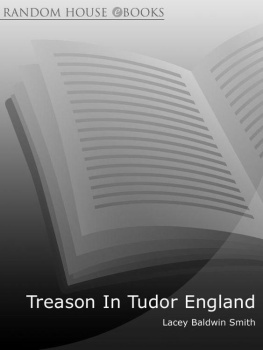Routledge Revivals
The Tudor Law of Treason
This title, first published in 1979, was ground-breaking in its exploration of the understudied area of the Tudor law of treason. Bellamy first examines the scope of that law, noting the inheritance from the Middle Ages, the effectiveness of the new statutes and interpretation of the law by the judiciary. Mining the archives for official, legal and literary accounts, the following parts consider how the government came to hear of traitors, the use of evidence and witnesses in trials and finally the fate of the traitor at the gallows and beyond. This is a full, useful and interesting title, which will be of great value to students researching Tudor and late medieval statute law, the Tudor concept of treason and the mores of Tudor society.
First published in 1979
by Routledge & Kegan Paul Ltd
This edition first published in 2013 by Routledge
2 Park Square, Milton Park, Abingdon, Oxon, OX14 4RN
Simultaneously published in the USA and Canada
by Routledge
711 Third Avenue, New York, NY 10017
Routledge is an imprint of the Taylor & Francis Group, an informa business
1979 John Bellamy
All rights reserved. No part of this book may be reprinted or reproduced or utilised in any form or by any electronic, mechanical, or other means, now known or hereafter invented, including photocopying and recording, or in any information storage or retrieval system, without permission in writing from the publishers.
Publisher's Note
The publisher has gone to great lengths to ensure the quality of this reprint but points out that some imperfections in the original copies may be apparent.
Disclaimer
The publisher has made every effort to trace copyright holders and welcomes correspondence from those they have been unable to contact.
A Library of Congress record exists under LC control number: 79303364
ISBN 13: 978-0-415-71283-5 (hbk)
ISBN 13: 978-1-315-88364-9 (ebk)
First published in 1979
in Great Britain
by Routledge & Kegan Paul Ltd
and in Canada and the United States of America by
University of Toronto Press
Toronto and Buffalo
Printed in Great Britain by
Redwood Burn Limited
Trowbridge and Esher
Copyright John Bellamy 1979
No part of this book may be reproduced in
any form without permission from the
publisher, except for the quotation of brief
passages in criticism
British Library Cataloguing in Publication Data
Bellamy, John
The Tudor law of treason. (Studies in social history)
1. Treason England History
I. Title II. Series
345 .42023/ KD8022
RKP ISBN 0 7100 8729 2
UTP ISBN 0 8020 2266 9
The historians who in the last century and a half have addressed themselves to studying the complex Tudor law of treason and how it operated have been few in number although there has been a large amount of writing concerned with the political, religious and economic features of the many conspiracies, insurrections and traitorous expressions of dissent occurring in that period. Only with J.F. Stephen's History of the Criminal Law of England published in 1883 was there a serious attempt to break away from reliance on the writings of Coke and Hale and to place the law of treason in a proper historical setting, albeit in a way which was extremely rudimentary. If the materials were thin, Stephen's comments were shrewd and indeed seminal. In only a few lines he got close to the heart of the Tudor treason trial, an achievement which, considering the lack of historical research to that time, was quite remarkable.
W.S. Holdsworth, in his History of English Law, followed Stephen in identifying three types of addition to the treason law by the Tudors. Little of Holdsworth's contribution to the history of the Tudor law of treason was original. Where he did not follow Stephen he used Coke and Hale, other treatise writers like Fitzherbert, and the report of the trial of Roger Casement. He utilized almost no archival material and provided little historical background. Where Holdsworth did advance Tudor-treason scholarship was in attempting a comprehensive survey of treason legislation through considering, in addition to the acts dealing with central themes, such less important aspects as counterfeiting and forgery, the statutes making reference to witnesses and offences cognate to treason. Yet, when all is considered, his comments on treason cannot be said to be among the better sections of his work.
yet it is clear that, apart from attempting to precis and clarify the work of the great commentators Coke and Hale and provide historical background. Tanner and the other modern writers on Tudor treason law had to this point achieved very little.
The next study in chronological sequence of the Tudor treason law was that of S. Rezneck, who was by training a political scientist. Several of the more stimulating and provocative ideas which he drew from contemporary writers turn out on inspection to be exceptional in reflecting no general trend. At the present time it might occur to historians to criticize the study because it takes examples in each section from all parts of the Tudor period, yet it seems to me that as long as the examples are comparable and not different in kind, and particularly where the theme is the history of legal notions, it is no bad thing.
This was written, I think it is fair to say, before Elton had embarked on any thorough investigation of the Tudor law of treason and related subjects, an investigation which was undertaken only later as a necessary part of his study of how the Reformation was enforced, and thus, although at least one major new interpretation was forthcoming, the factual basis was traditional.
In Policy and Police, on the other hand, the search for factual examples was very wide and almost every type of treason and restiveness against the regime in the 1530s was subjected to close scrutiny; so was the way in which these problems were handled by the government. The origins and political background of the treason legislation, actual and planned, of that period were examined in exemplary fashion and the earlier work of Miss Thornley superseded Even in such cases, Elton endeavoured to show, closer investigation could reveal that the crown kept to the law much better than had hitherto been supposed.
Elton's interpretation of the law of treason and its operation like the other parts of his study, although most enlightening and valuable, was essentially a political one. This was because the work was based largely on Cromwell's own correspondence, happily preserved by his attainder, which does not take very much notice of legal factors, often tending, as statesmen and their correspondents do, to simplify important criminal law matters and and talk actually traitorous. Two other comments are provoked by this study. Could not a government keep to the letter of the law but arrest, examine, and try treason suspects in a ruthless and tyrannical manner, seeing that some parts of the judicial process were unregulated by either statute or common law? There was nothing, for example, to limit the length or duress of a pre-trial sojourn in gaol, severe examination utilizing torture was not forbidden, and the crown might make out of the execution either a quick and relatively clean death or a lingering one. Second, is a government which has acted brutally and unfairly to be immune from criticism because it has done so under a brutal and unfair act of parliament? If the statute was without precedent and did not follow the norms of earlier legislation, and if its application seemed excessive to moderate men of the time, then surely not. Earlier practice must be the key in both cases.



